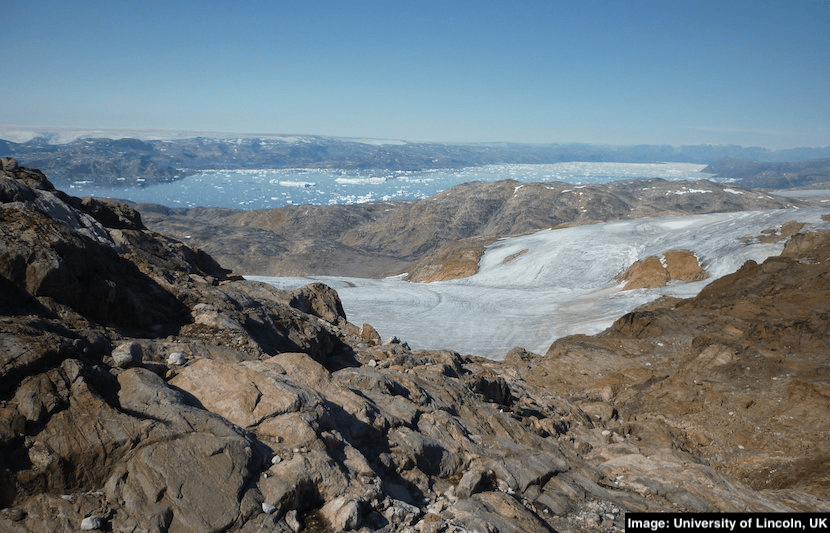Current climate change predictions in the UK and parts of Europe may be inaccurate, a study conducted by researchers from the University of Lincoln, UK, and the University of Liège, Belgium, suggests.
Existing computer model simulations have failed to properly include air pressure changes that have occured in the Greenland region throughout the past 30 years.
Over the last three decades, the simulations suggested a drop in summertime air pressure in the Greenland region. In reality, the air pressure in the area has gone up.
“These differences between the estimates from the current climate models and observations suggests [sic] that the models cannot accurately represent recent conditions or predict future changes in Greenland climate,” Edward Hanna, a professor of climate science and meteorology at Lincoln and co-lead author of the study, said in a statement.
The mistake could have global implications, as the simulations are observed throughout the world to predict future climate change.
The researchers believe current models predicting the melting of Greenland’s Ice Sheet, which encompasses more than 80 percent of Greenland’s surface, may significantly underestimate the global sea level rise by the year 2100.
They also predict there could be more summertime rainfall in England and Wales if Greenland air pressure continues to strengthen.
“While there is natural variability in the climate system, we think that the recent rapid warming over Greenland since the early 1990s is not being fully simulated by the models, and that this misrepresentation could mean that future changes in atmospheric circulation and the jet stream over the wider North Atlantic region may not be properly simulated,” Hanna said in a statement.
The research, published in the European Geosciences Union journal, The Cryosphere, is the first to compare global climate model data to air pressure changes that we can observe in the Greenland region.
“Until now, no-one has systematically examined the projections to see how they represent the last few decades and future changes — up to the year 2100 — from a Greenland regional perspective,” Hanna said in a statement.
“Previous work reported a tendency for global warming to result in a slightly more active jet stream in the atmosphere over the North Atlantic by 2100 but our results indicate we may actually see a somewhat weaker jet, at least in summer,” he continued.



